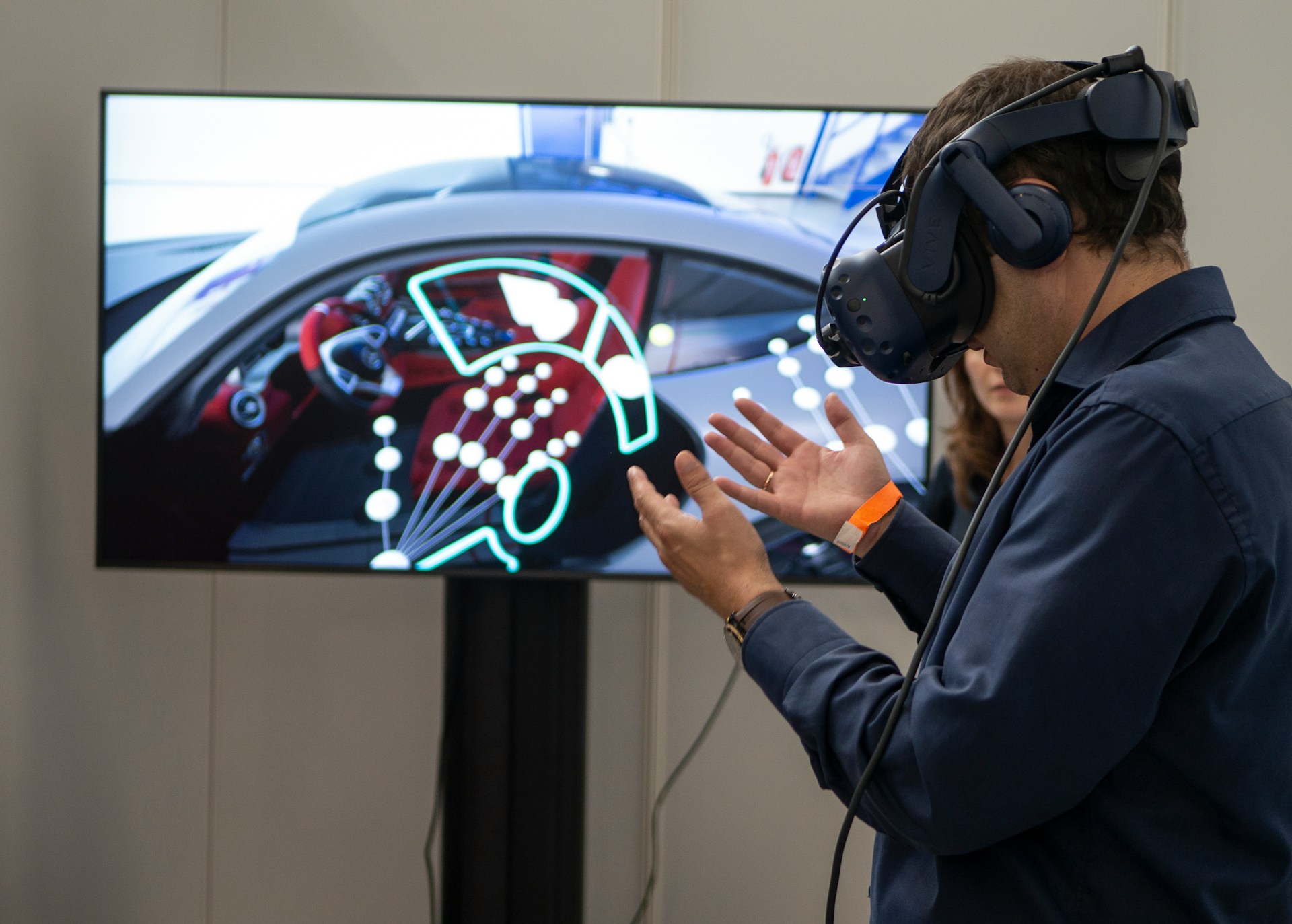Open-world games offer players the freedom and flexibility to shape their gaming experience however they like. But as developers increasingly turn to artificial intelligence (AI) to generate content for these expansive digital playgrounds, they must grapple with a new challenge: ensuring the ethical use of AI-generated content. In this exploration of the intersection of ethics, gaming, and AI, we’ll delve into techniques to make certain of the responsible consumption and production of AI in open-world games.
The Need for Ethical Standards in AI-Generated Gaming Content
Before we examine how to enforce ethical standards into AI-generated content, let’s first discuss why it’s necessary. AI holds the potential to revolutionize game design, but that innovation comes with a range of ethical dilemmas. When algorithms are given free rein to create content, there’s a risk of generating offensive or harmful material.
Also read : How can developers use blockchain technology to prevent cheating in online multiplayer games?
Additionally, there’s an issue of AI transparency. How do players know that their in-game decisions are being responded to fairly by AI, rather than being manipulated?
Lastly, when AI is used to generate content, it can blur the lines of intellectual property rights. Who owns the generated content—the developer, the player or the AI itself?
Topic to read : What are the key challenges of developing cross-platform multiplayer games?
Establishing Ethical Guidelines for AI Use
To address ethical concerns, game developers can establish guidelines for AI use. These guidelines should be both internal, for the development team, and external, communicated clearly to players. The goal is to establish a shared understanding of acceptable AI behavior and content generation, which can help prevent misuse and ensure fair play.
Internally, it’s crucial to foster a culture of ethical AI use within the development team. This could involve comprehensive training on AI ethics and regular discussions on the topic. Additionally, technical safeguards should be established to prevent AI from generating inappropriate or harmful content.
Externally, transparency is key. Players should be informed about how AI is used in the game, including any data collection practices. Clear communication about AI use can help players make informed decisions about their gameplay and prevent feelings of manipulation.
Ensuring Fair Play with AI in Open-World Games
One way to ensure ethical AI use is by implementing mechanisms to ensure fair play. This could involve a system for players to report inappropriate AI-generated content or behavior. Developers should also consider having a feedback loop where players can raise concerns about AI use and suggest improvements.
AI-generated content should also be designed to respect players’ agency in open-world games. This means not unduly influencing players’ decisions or actions based on AI algorithms. Instead, AI should support and enhance players’ freedom and creativity, underpinning the beauty of open-world games.
Respecting Intellectual Property Rights in AI-Generated Content
The issue of intellectual property rights in AI-generated content is complex and still somewhat unresolved. However, developers can take steps to respect these rights and prevent disputes. For example, they could establish clear terms of service that detail ownership rights of AI-generated content.
One possible approach is to treat AI as a tool, meaning that the developer or player who used the AI to create content owns the rights to it. However, this approach has its limitations, as it downplays the creative input of the AI. An alternative approach could be shared ownership, where rights are divided between the developer, the player, and the AI based on their respective contributions.
Incorporating Ethical AI Use in Future Gaming Innovations
Looking to the future, ethical AI use should be a key consideration in gaming innovations. As AI becomes more advanced and is increasingly used in game development, ethical challenges are likely to become more complex. Developers should stay informed about the latest developments in AI ethics, and actively seek to incorporate ethical considerations into their design processes.
In conclusion, the use of AI in open-world games is a double-edged sword. It can unleash new levels of creativity and player freedom, but it also presents new ethical challenges. By establishing clear guidelines, ensuring fair play, respecting intellectual property rights and incorporating ethical AI use into future innovations, developers can harness the power of AI while respecting the rights and experiences of players.
Balancing Innovation and Ethics in AI-Generated Content Production
In the rapid, relentless pursuit of innovation, it can be easy to overlook the importance of ethical considerations. However, as the use of AI in open-world gaming continues to expand, so does the necessity for a vigilant balancing act between technological advancement and ethical responsibility. For developers, this means getting ahead of potential ethical dilemmas before they arise and becoming proactive rather than reactive when it comes to ensuring the ethical use of AI-generated content.
Developers can begin by integrating ethical considerations into the early stages of game design. This includes conducting thorough risk assessments to identify potential ethical pitfalls and establishing a robust ethical review process. These measures can help ensure that AI-generated content aligns with ethical standards and avoids harmful or offensive material. Regular audits of AI systems can also help detect any problems early and provide an opportunity to rectify them promptly.
Furthermore, developers can work to implement more advanced, ethically-minded AI algorithms. This could involve incorporating bias detection systems and fairness metrics into AI models or using explainable AI techniques that make AI decisions more transparent and understandable for players. By doing so, developers can help ensure that AI-generated content is not only innovative but also ethically sound and respectful of players’ rights.
The use of AI in open-world games has revolutionized the gaming landscape, offering unprecedented levels of player freedom and creative potential. However, these advances are not without their challenges, and the question of how to ensure ethical AI use is one that is both pressing and complex. As we’ve explored, developers have a critical role to play in upholding ethical standards and building trust with players.
To do so, developers must be proactive in establishing clear guidelines for AI use, both internally within their teams and externally for players. They must ensure fair play by respecting players’ agency and implementing mechanisms for feedback and reporting. They must navigate the complexities of intellectual property rights in AI-generated content, and continually look ahead to anticipate and address future ethical challenges in AI use.
Above all, developers must remember that at the heart of every game is the player. By prioritizing ethical AI use, they can ensure that AI serves to enhance players’ experiences, rather than detract from them, and foster a gaming environment that is not only exciting and innovative but also fair, transparent, and respectful. In doing so, they will not only be building better games but also a stronger, more trustworthy relationship with the players who inhabit their open-world creations.











